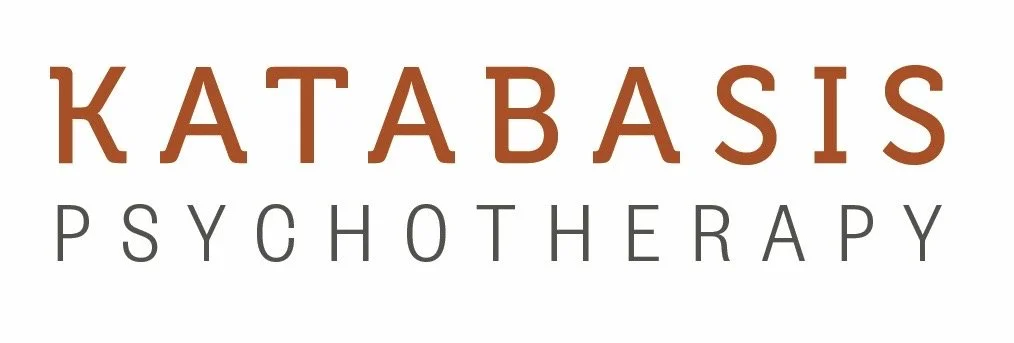Is Your Therapist Properly Trained?
A friend recently asked me:
“I’m just trying to work out if this therapist is doing something helpful or risky… She’s published a lot and runs her own training school, but I can’t find her on any of the professional registers. Wouldn’t you advertise if you were accredited?”
It’s a question I get a lot — and it always makes me pause, because the truth is: most people have no idea what they’re getting into when they look for a therapist. With so many different models — coaching, counselling, therapy, ‘healing’ — it’s hard to know what’s legitimate and what’s not. And often, the only real way to tell is by checking registration and training.
Here’s the simple rule I always share:
If someone isn’t registered with either BPC, UKCP, or BACP — avoid!
These are the main professional bodies and registration means the person:
• Has undergone rigorous and accredited training
• Is in regular clinical supervision
• Follows an ethical code
• Is committed to ongoing professional development
• Can be held accountable if something goes wrong
Without that framework in place, you’re trusting your emotional wellbeing to someone who may not be equipped to sit with deep psychological distress — and who may not even recognise when they’re out of their depth.
Running your own training school or publishing a book doesn’t make someone a therapist. If anything, when there’s no external body involved — no supervision, no accountability — it’s a red flag. Experience isn’t the same as being trained.
I’m a British Psychoanalytic Council (BPC) registered psychodynamic psychotherapist, which means I’ve completed four years of intensive training at the British Psychotherapy Foundation. That included personal psychoanalysis, academic study in psychoanalytic theory, and extensive supervised clinical work. I continue to work under supervision and within a strong ethical framework, because therapy isn’t just about good intentions — it’s a professional practice that requires rigour, reflection, and accountability.
Therapy is a powerful, often vulnerable process. You deserve to feel safe.
So if you or someone you care about is in therapy, ask the question:
“Is my therapist registered with an accredited professional body?”
If the answer is no — that’s something to take seriously.
